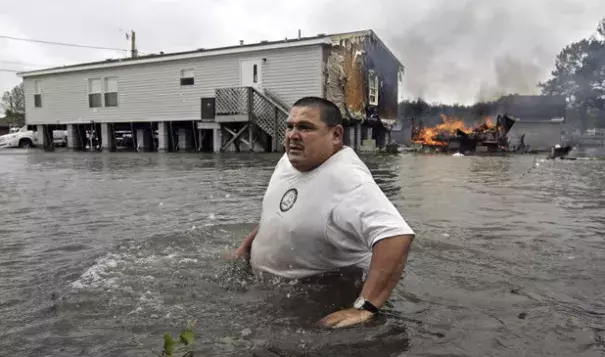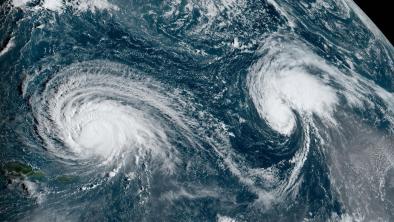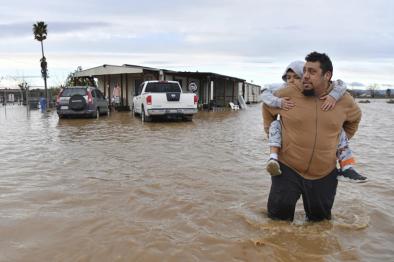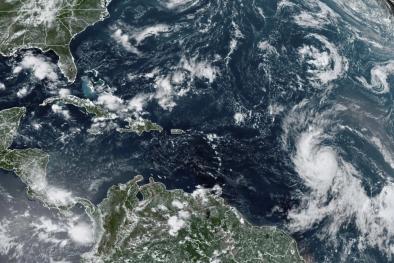Hurricanes Far Deadlier Than Official Counts

Hurricanes killed far more people in the U.S. than are counted under traditional measures, and those deaths were disproportionately concentrated in poor communities and communities of color, a study published Wednesday in Science Advances finds. “People who have the least means suffer the most,” Robbie Parks, lead author of the study, told the AP. Using 'excess deaths' analysis (a standard public health technique), researchers determined more than 18,000 people died as a result of hurricanes from 1988 to 2019 — 13 times more than the NOAA-published number of people directly killed by storms. “There have been many publications over the last few decades for singular disasters that have come to similar conclusions,” Kristie Ebi, a professor at the University of Washington Center for Health and the Global Environment who was not involved in the study, told NBC. “But putting together this decades-spanning report that examines these events and who is most vulnerable is incredibly important.” People who die in the aftermath of a storm — for example by heart and lung problems, infections, injuries, or mental health issues — are left uncounted. “It’s a story of inequality on a large scale,” Parks told NBC. “The poorest counties tend to have the most socially vulnerable people. You’ve got a lack of preparation and resilience when a hurricane hits, and that can be from cheap, unreliable infrastructure, inadequate power supply, lack of transportation and, in many cases, no easy escape routes.”
(AP, NBC, The Guardian, Washington Post $)
(Climate Signals background: Hurricanes)
To receive climate stories like this in your inbox daily click here to sign up for the Hot News Newsletter from Climate Nexus:
Related Content





